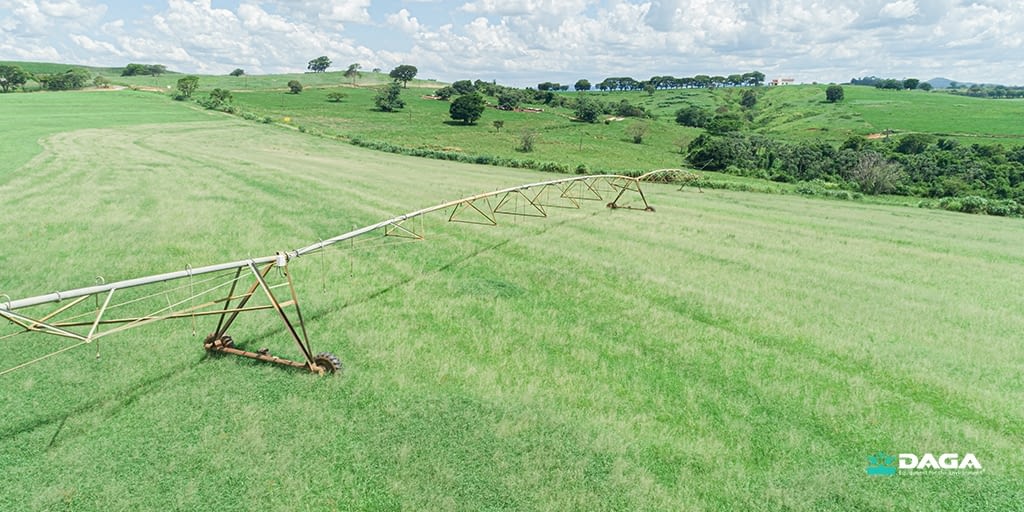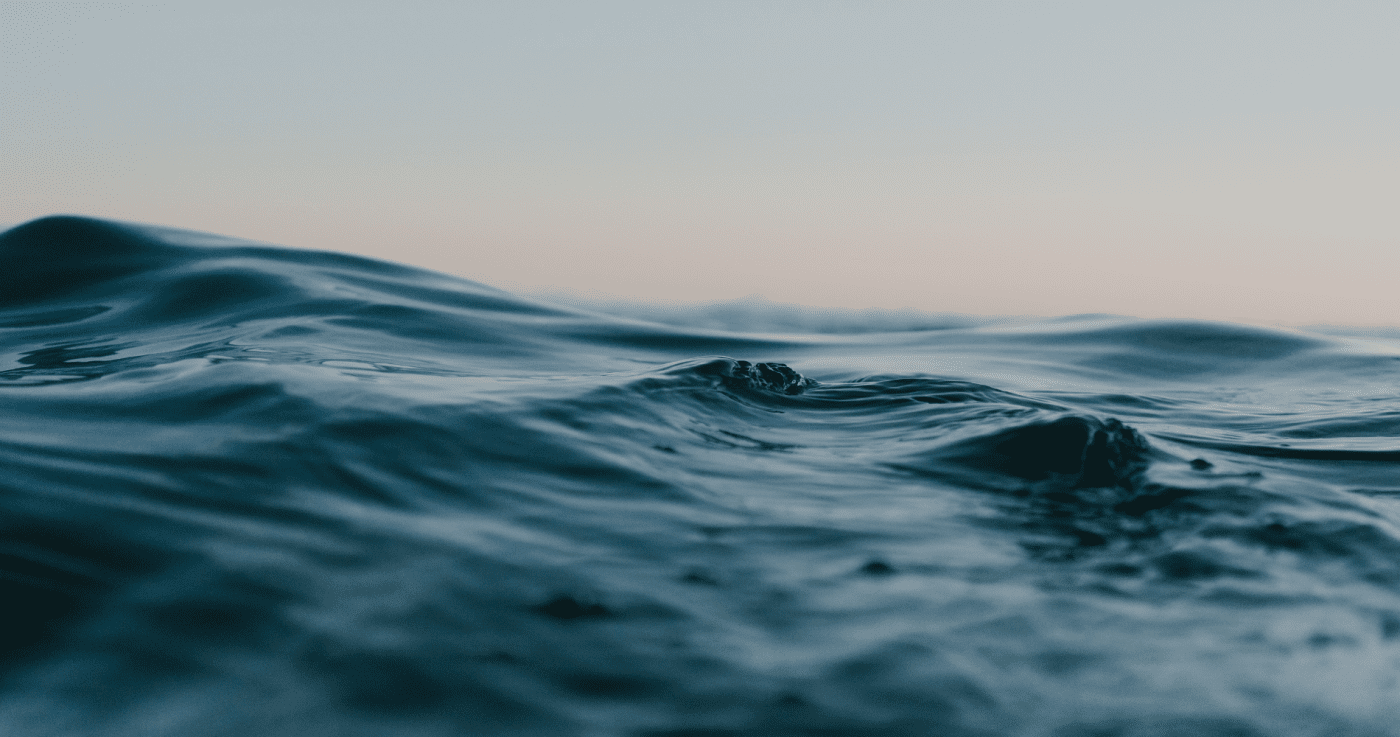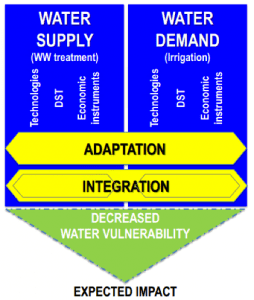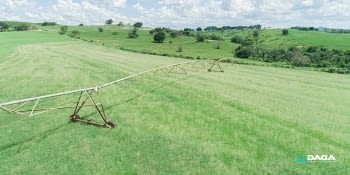
Can wastewater be the main source of water for crops irrigation? The research and innovation project MADFORWATER, financed by the program Horizon 2020 from the European Union seems to have found the answer to this question successfully. And it has done so thanks to the construction of four pilot plants in three African Mediterranean countries: Morocco, Tunisia (with two plants) and Egypt.
The project started in 2017, and now with its second phase underway, adapted laboratory-scale technologies for wastewater treatment and irrigation with the aim of effectively integrating these two types of water.
The project started in 2017, and now with its second phase underway, adapted laboratory-scale technologies for wastewater treatment and irrigation with the aim of effectively integrating these two types of water.
Adaptation, management and integration
The concept of MADFORWATER is based on a continuous and synergistic interaction between four main areas: supply, demand, adaptation and integration. These areas or fields are represented in a scheme in which the supply and demand are the vertical fields. These consist on development of technological and non-technological solutions to reduce the vulnerability of water and the impact of water scarcity in agriculture, by increasing the amount of water available with irrigation quality (supply) and reducing the amount of water consumed in agriculture (demand).
The wastewater treatment (increase the amount of quality water available for irrigation) and irrigation (improve the reuse of wastewater for irrigation and the efficiency of water use in agriculture) are the two pillars of the project. Working in one of the world's driest areas, the solutions were tailored to be technically and culturally appropriate within the environmental and socio-economic context of the chosen countries. Through the use of custom-built technology, decision support tools, and land and water management strategies, all integration is facilitated.
The pilot plants process and use municipal wastewater, drainage canal water, and textile industry wastewater. In deciding which technologies to apply at MADFORWATER, their technical performance, cost-benefit analysis, life cycle and observations from various stakeholders consultation workshops were taken into account. After developing and adapting them for the first two years of the project, these technologies for irrigation and wastewater treatment are currently being optimized on-site.
The wastewater treatment (increase the amount of quality water available for irrigation) and irrigation (improve the reuse of wastewater for irrigation and the efficiency of water use in agriculture) are the two pillars of the project. Working in one of the world's driest areas, the solutions were tailored to be technically and culturally appropriate within the environmental and socio-economic context of the chosen countries. Through the use of custom-built technology, decision support tools, and land and water management strategies, all integration is facilitated.
The pilot plants process and use municipal wastewater, drainage canal water, and textile industry wastewater. In deciding which technologies to apply at MADFORWATER, their technical performance, cost-benefit analysis, life cycle and observations from various stakeholders consultation workshops were taken into account. After developing and adapting them for the first two years of the project, these technologies for irrigation and wastewater treatment are currently being optimized on-site.
Extrapolated benefits for wastewater treatment worldwide?
MADFORWATER is not only making it possible to verify what it means to improve water security for irrigation, but it is also demonstrating the profitability of the technologies it applies (low energy consumption to treat wastewater and high efficiency in the water consumption of irrigation technologies). And it's doing it in the MENA region (Middle East and North Africa), the driest area in the world, which has just 1% of the world's freshwater resources.
In this scenario, the goal is to help make progress that allows us to overcome in a sustainable way the difficult challenges posed by the constant scarcity of water, population growth and climate change. And, if this is being achieved by starting in circumstances such as those in which the chosen countries find themselves, it is possible that other countries, even from developed areas, may follow.
And, ultimately, the project MADFORWATER has marked the path of how wastewater from various sources, once treated, can be used to irrigate crops efficiently from a water point of view. At the moment, the SMEs that participate are developing business plans to apply them in countries of the MENA region, but they are also working on guidelines for adaptation in different contexts.
Among the portfolio of DAGA computers you can find roughing filtration and water irrigation. After more than 60 years of experience, the company has established itself as a benchmark in Smart Water Management solutions developed within an integrated quality, environmental management framework, security, and health.
In this scenario, the goal is to help make progress that allows us to overcome in a sustainable way the difficult challenges posed by the constant scarcity of water, population growth and climate change. And, if this is being achieved by starting in circumstances such as those in which the chosen countries find themselves, it is possible that other countries, even from developed areas, may follow.
And, ultimately, the project MADFORWATER has marked the path of how wastewater from various sources, once treated, can be used to irrigate crops efficiently from a water point of view. At the moment, the SMEs that participate are developing business plans to apply them in countries of the MENA region, but they are also working on guidelines for adaptation in different contexts.
Among the portfolio of DAGA computers you can find roughing filtration and water irrigation. After more than 60 years of experience, the company has established itself as a benchmark in Smart Water Management solutions developed within an integrated quality, environmental management framework, security, and health.




